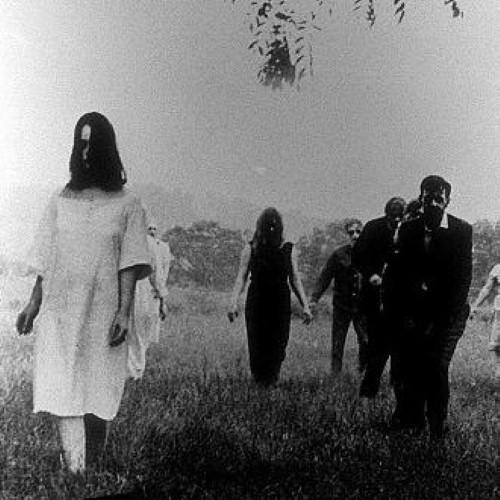With the luxuries enjoyed in modern culture, it is easy to fall into the perspective that we are past the point of enduring significant hardships in American society. Consequently, when officials attempt to grasp ahold of the population's attention to emphasize the crucial importance of preparing for a disaster through concepts like business continuity and continuity of operations planning, it can be an incredibly trying task.
Interestingly, in an attempt to gain greater exposure for disaster education and preparedness initiatives, officials at Michigan State University are deploying a one-of-a-kind tactic by offering an online course called "Surviving the Coming Zombie Apocalypse – Catastrophes and Human Behavior."
"We are using the idea of a zombie apocalypse to attract attention to the important research and science on the topic of 'Catastrophes and Human Behavior,'" said the course's moderator Glenn Stutzky, a social work instructor at the university, in a press release. "Students will learn about the nature, scope and impact of catastrophic events on individuals, families, societies, civilizations and the Earth itself."
As such, the theme of a zombie apocalypse will serve to generate interest, and then present students with information on unavoidable natural disasters that have occurred in the past and use those lessons to help students understand how to cope with catastrophe in the future.
Other organizations interested in deploying similarly eye-catching preparedness initiatives can do so by partnering with a certified disaster preparedness consultant. With extensive experience with a broad range of catastrophic occurrences, such a professional can help an organization identify specific preparedness goals and create an accessible program to draw in participants.
Furthermore, by attending the World Conference on Disaster Management in Toronto taking place from June 25 to 27, officials can learn from professionals on how to best organize preparedness courses to generate high levels of interest.

